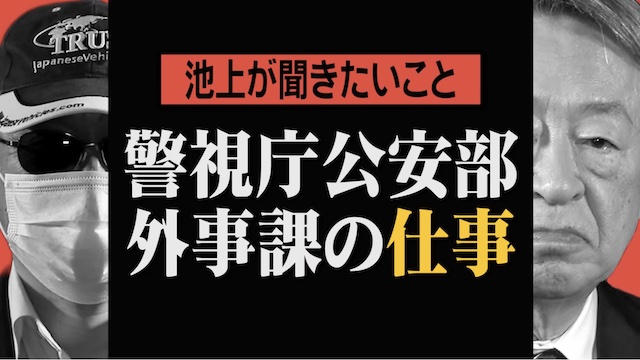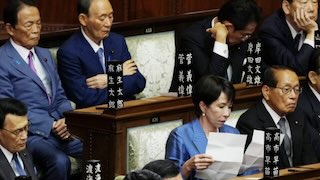TOKYO, Apr 24 (News On Japan) - Akira Ikegami engages in a compelling conversation with Enkaku Katsumaru, a former member of the Tokyo Metropolitan Police Department's Public Security Bureau, Foreign Affairs Division.

As part of his series where Ikegami interviews 30 people he is eager to talk to, Katsumaru, third in the series, reveals the little-known exploits of Japan's "spy hunters" who protect the nation from foreign espionage. This is the first episode of a three-part series that delves into unexpected requirements for joining the Public Security Police, tailing techniques, the current state of foreign spies, and even the conflicts with other organizations like the Public Security Intelligence Agency.
How do you see the current situation, and what motivated you to become part of the Public Security Police?
The Tokyo Metropolitan Police Department observes Tokyo, and if you talk about the Criminal Police, they investigate crimes that have already occurred and solve cases. On the other hand, the Public Security Bureau's main focus is to prevent incidents like terrorism and espionage from happening in the first place, so surveillance and monitoring are central to their work. Even within the Public Security Bureau, there is a distinction between domestic radicals and cult monitoring and the Foreign Affairs Police, who monitor and control spies and terrorists within Japan, or those who might assist them. Preventing incidents before they occur is also part of their work. Unlike the Criminal Police, where arresting a murder suspect might garner public praise, the efforts of the Foreign Affairs Police often go unrecognized, as preventing incidents means they are not reported, and we don't often publicize our successes.
Source: テレ東BIZ















